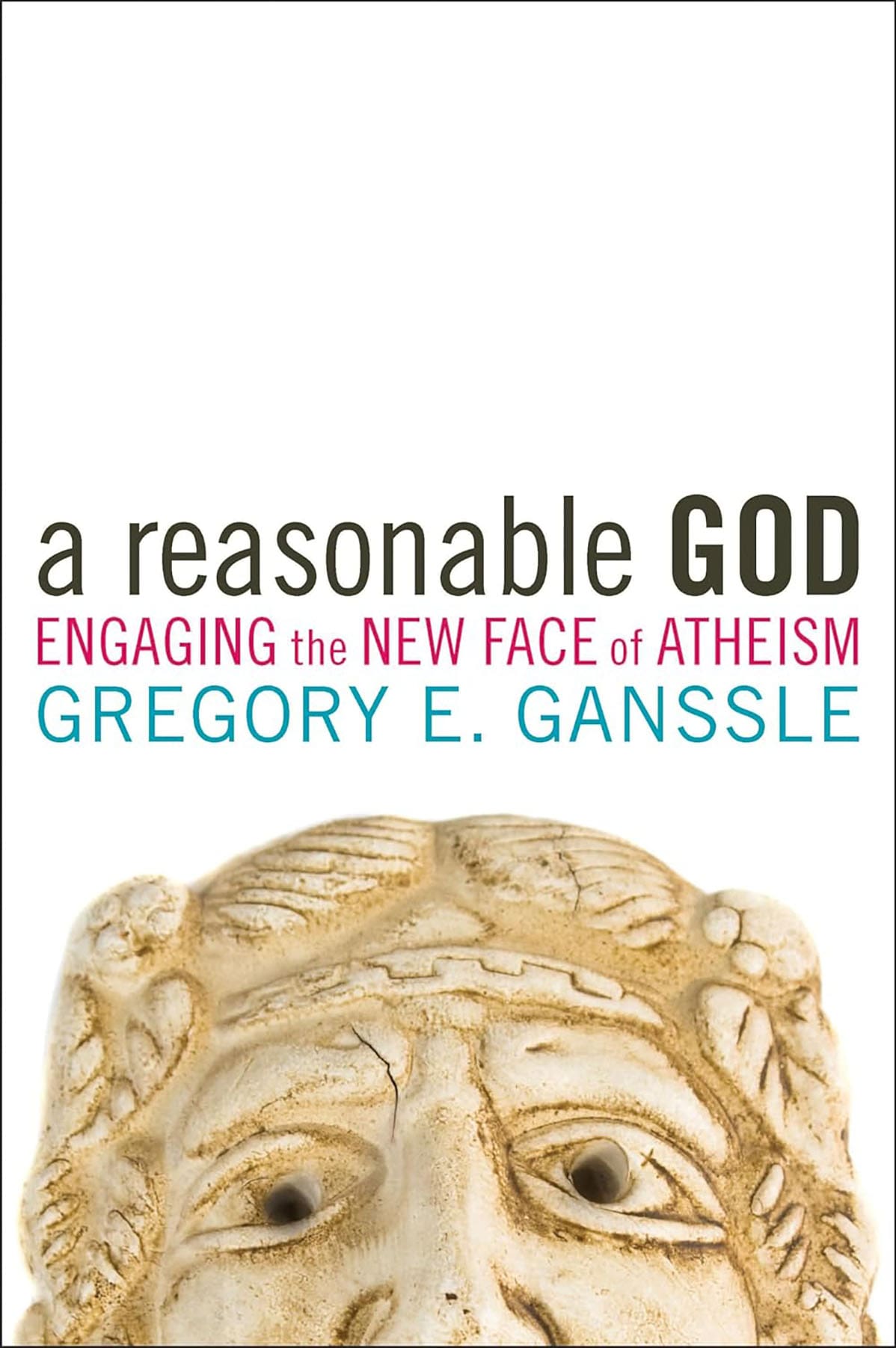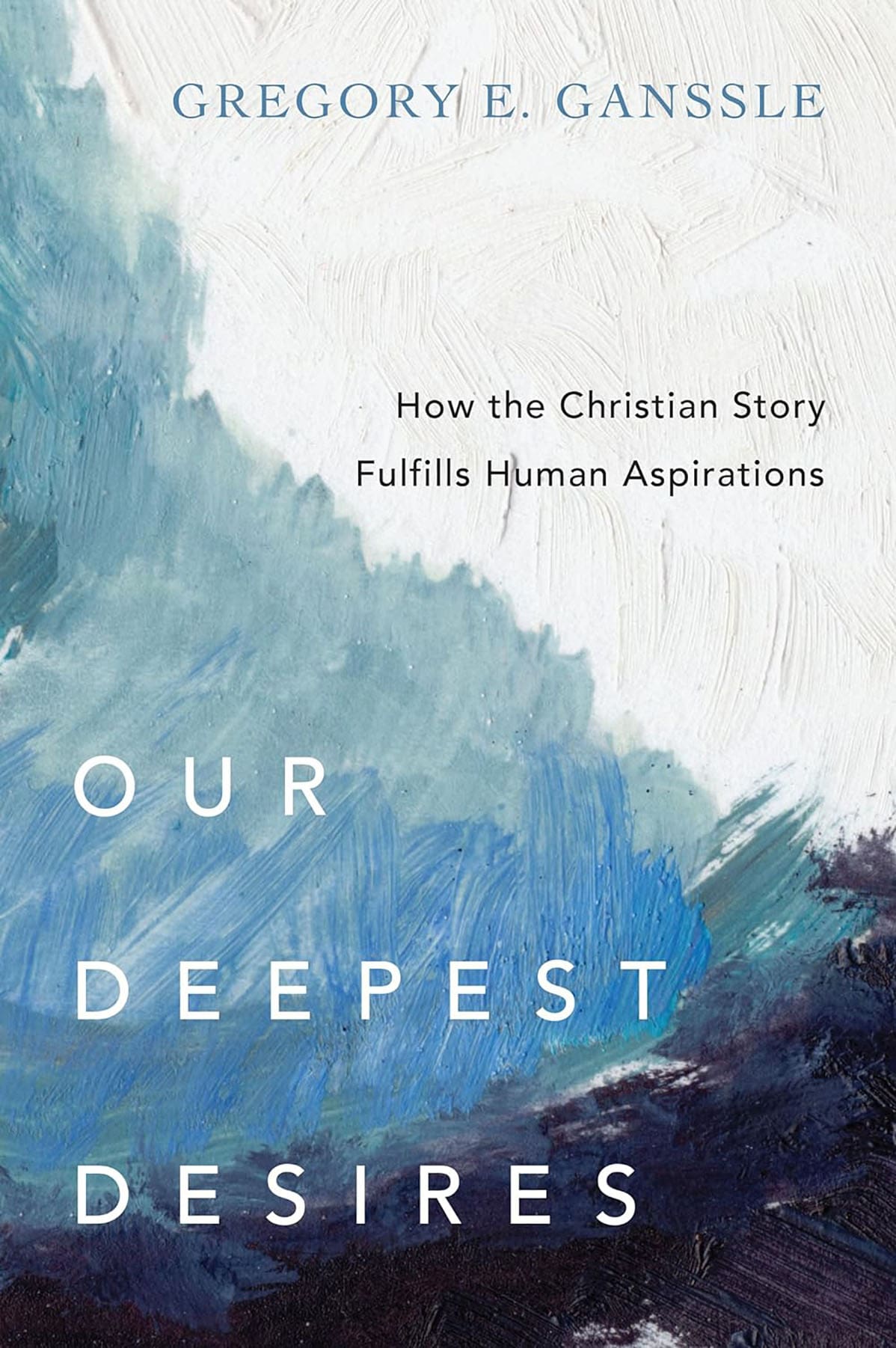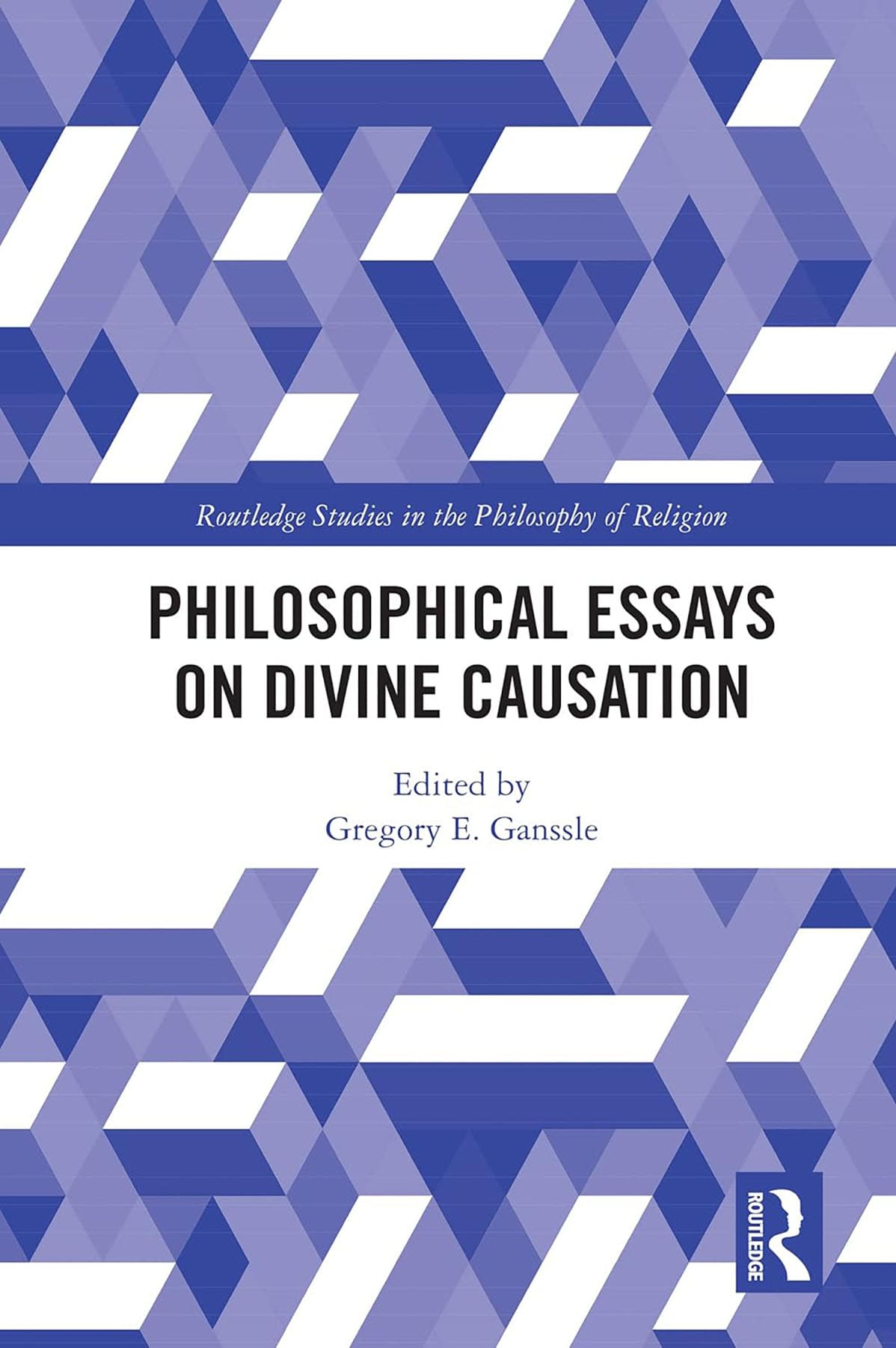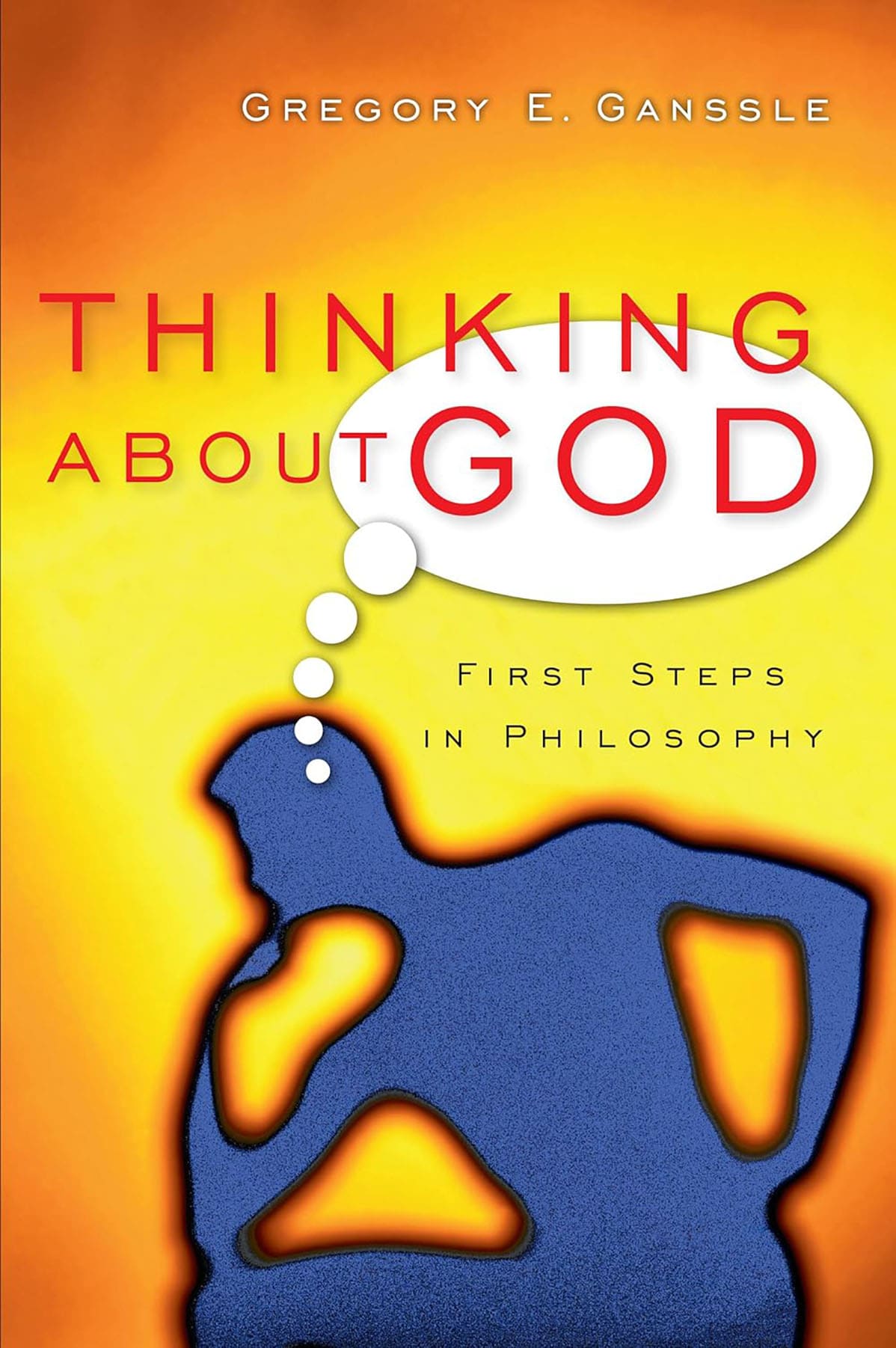A Reasonable God: Engaging the New Face of Atheism
Eschewing the rhetoric and provocative purposes of best-selling “new atheists” Daniel Dennett, Richard Dawkins, Christopher Hitchens, and Sam Harris, Ganssle offers a nuanced, charitable, and philosophically well-informed defense of the reality of God. Topics include the relationship between faith and reason, moral arguments for God’s existence, Darwinian theories of the origin of religion, and more.




